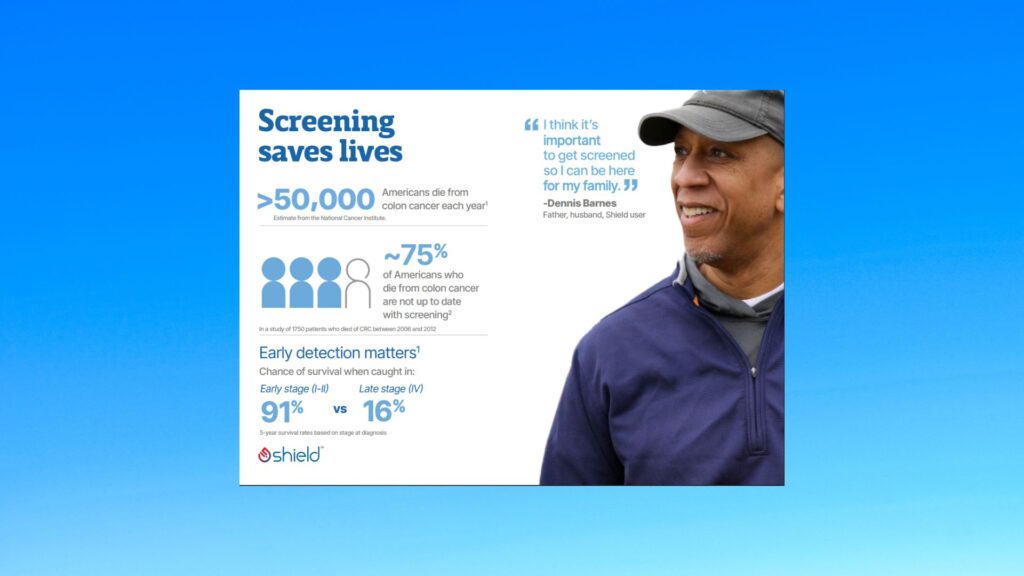Senior Living Residents in Florida will have access to groundbreaking cancer screening options thanks to a new partnership between Precision Oncology Company Guardant Health and Labflorida/SunDX Labs. This collaboration enables Guardant Health’s Shield™ to be the first FDA-approved blood test (CRC) screening available to assisted living and independent living communities throughout the state.
Shield Tests offer a simple blood draw as an alternative to colonoscopy or stool-based testing. Colorectal cancer is the second leading cause of cancer-related death in the United States, but is highly treatable if detected early. 91% of patients survive at least 5 years when diagnosed at the early stage. Nevertheless, a third of eligible adults often remained deactivated due to the inconvenience or discomfort of existing testing options.
Regular screening is especially important for senior Florida residents. Although the risk of CRC increases with age, a pilot study from the National Institute of Health found that 71% of supported living residents are not up to date with recommended screenings.
“Shield has the potential to be innovative for senior living communities. Colorectal cancer disproportionately affects older adults, but the most vulnerable population, the elderly, is overwhelmingly screened.” “By making screening easier with a simple blood draw, Shield has the power to redefine preventive care for residents, increase screening rates and improve patient outcomes.”
Provides concierge-style lab services to senior and in-home patients, Labflorida serves as the exclusive distributor of shield testing to the senior Florida community.

“We are proud to partner with Guardant Health to bring shield testing to the senior living community we serve,” said Ralph Nenna, Vice President of Business Development at Labflorida/Sundx Labs. “The shield test represents a game changer for early detection and preventive care. CRC screening makes it more accessible and comfortable for seniors.”
This partnership is an important step in expanding preventive health tools for aging populations, and we feel a great responsibility to help patients gain access to potentially life-saving tests.


